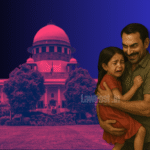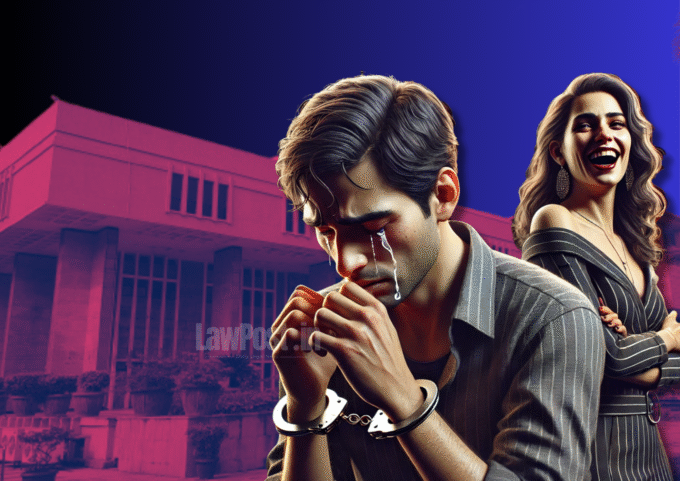Kerala High Court to Hear Plea Against High Counselling Charges for CLAT PG Admissions
In a significant development affecting thousands of law aspirants across the country, three candidates participating in the CLAT PG 2025 counselling process have moved the Kerala High Court challenging the counselling fee structure prescribed by the Consortium of National Law Universities (NLUs).
Justice DK Singh, on June 17, issued notice to the Central government, the Consortium of NLUs, the University Grants Commission (UGC), and the Bar Council of India (BCI) on the writ petition filed by petitioners Sandhra Eliza Suresh and two others [Sandhra Eliza Suresh & Ors. v. Union of India & Ors.]. The matter is posted for further hearing on July 22.
What the Petition Challenges
The petitioners have questioned the two-tier counselling fee structure under the CLAT PG 2025 admission process:
- ₹30,000 for general category candidates
- ₹20,000 for candidates from SC, ST, OBC, EWS, and PwD categories
Further, a non-refundable confirmation fee of ₹20,000 is required upon seat allotment from candidates opting for either ‘freeze’ or ‘float’ options.
According to the plea, these charges are not only disproportionate and unreasonable but also discriminatory against economically disadvantaged candidates.
“While formally uniform, this fee fails to consider socio-economic disparities, resulting in a de facto exclusion of meritorious candidates from disadvantaged backgrounds,” the petition stated, arguing that such exclusion violates Article 14 of the Constitution and undermines substantive equality.
The petition also contends that the ₹20,000 confirmation fee, being non-refundable, violates the UGC Fee Refund Policy 2024–25, especially when the seat is reallocated to another candidate.
“The Confirmation Fee is ostensibly collected to secure the seat… However, it operates as a punitive measure for withdrawal,” the petitioners submitted.
Lack of Transparency and Accountability Alleged
The petition criticizes the Consortium of NLUs for levying “exorbitant” fees without rendering commensurate services or ensuring transparency in how the money is utilized. It also highlights that such fees are not covered by scholarships or education loans, thereby increasing the pre-admission financial burden on students.
Reliefs Sought
The petitioners, represented by advocates Sarath KP, Risvi Muhammed, and Gokul Krishnan R, and assisted by the Legal Collective for Students’ Rights (LCSR), have requested:
- Scrapping the counselling registration and confirmation fees
- Refund of amounts already paid, in case the candidates are not allotted seats
The outcome of this case could have wide-ranging implications for how legal education admissions are conducted in India, especially in public-funded law universities.
Case: Sandhra Eliza Suresh & Ors. vs Union of India & Ors. – Available on LAWFYI.IO








